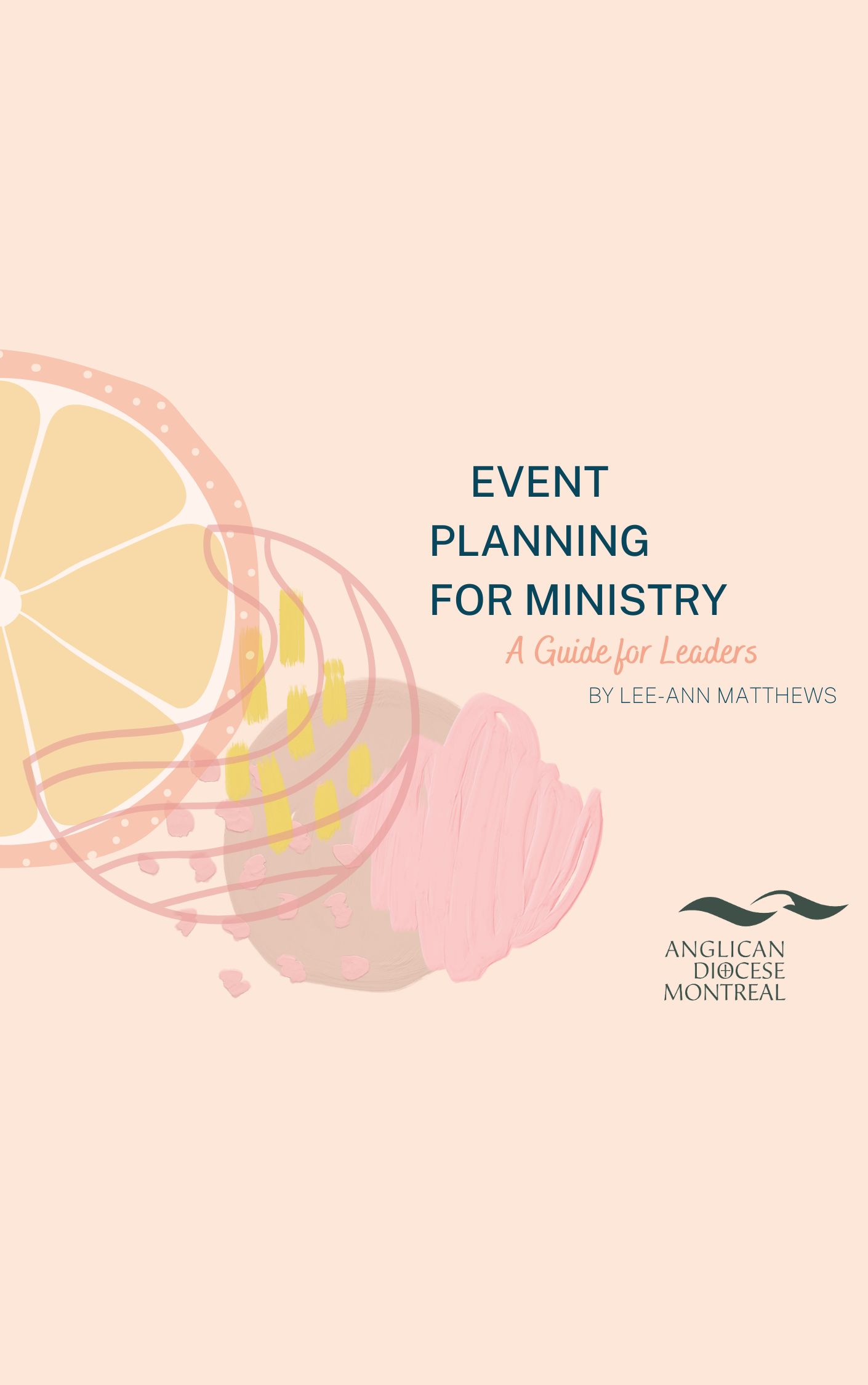Have you ever wanted to host a community event but didn’t know where or how to begin? Maybe you have hosted but are now considering trying something new? As church leaders, it feels as if we are experiencing a collective desire to meaningfully encounter our neighbours. Perhaps this is due to the long drought of interrupted gatherings and events during the Covid19 pandemic, but I think that there is also some fear around the statistical decline that threatens us as the institutional church. As such, we aspire more than ever, not only to build new relationships, but to fortify existing ones.
An event-based model is an effective way of making connections, deepening relationships and strengthening the fabric of ministry. As our culture continues to change, we must respond and adapt.
An expression of hospitality is not only a creative and meaningful way to connect, express love and deepen bonds; it is also a crucial tenet of our faith. Hospitality is a transformational Christian practice and extends all the way back to the book of Genesis. Hosting events in a spirit of hospitality gives us tangible opportunities to express our mission, share our faith and extend the borders of Christian community.
Through this model, we are afforded the privilege of building relationships and connections, not only with our neighbours, but to strangers and those who are marginalized and vulnerable. This act of service is, in fact, fundamental to our call. But, it demands a lot of us as we must sometimes go outside of our comfort zone, perhaps finding hidden skills and talents. This also means bumping up against the tension of trying new things, making mistakes and managing the disappointment and even shame of rejection or failure.
An event-based model is not transactional: there are no expectations of attendees such as fund raising, conversion or membership. We aren’t recruiting Anglicans, volunteers, disciples or members of Sunday School. All of these things may be an outcome of course, but they are not the primary objective. When we host events in ministry, let’s view this through the lens of sheer generosity: we are giving a gift, and there are no strings attached.
Here are some of the things you will need:
Time: carve out a generous window of opportunity, likely forfeiting or delaying some aspects of your existing ministry, perhaps put book club, bake sale, or altar guild meetings etc. on hold. This may seem impossible or even daunting but your community will understand and be grateful if you articulate your vision with clarity and purpose. “I am planning an event this fall that will benefit our parish and I will need to withdraw from a few commitments in order to make this happen.”
Energy: Visualize the project and gather up the gumption to execute. You will need stamina and focus. Surround yourself with supporters and stay attuned to their energy. Like an athlete training for their sport, you will need to find ways of building up your reserves and being ready to give it all you’ve got. Whatever gives you vitality, do that!
Passion: Your emotional connection to this event is the spark that will propel you to the finish line. Tap into and listen to that voice, follow and express it creatively through writing, blogs and sermons, with doodles and however and whenever you can. Your Passion is contagious and will attract supporters to the project and will influence the outcome.
Grit: Prepare yourself for a season of hard work, courage and resilience. There will inevitably be pitfalls, naysayers and unexpected demands. You will make mistakes, face challenges and hardships. Don’t let this deter you. Get up and try again. You haven’t gotten this far in your ministry without overcoming obstacles. Successful events don’t happen by luck or circumstances but are a direct result of perseverance and determination.
Faith: Each of us is called to our roles in ministry for a different reason. Pray on and trust your guiding principle. You don’t need me to tell you but it bears mentioning now that your faith in God is your highest force and from where your ultimate strength and conviction is derived.
Wonder & Curiosity: Approaching event planning with wonder and curiosity implies we are open and available. From here, we aren’t preoccupied with winning or losing. We are in the moment, with an open mindset and a desire to learn and expand. Growth is a guaranteed outcome and there is no “losing” from this perspective. Assuming an experimental posture means that there is something to gain regardless of the perceived success of your event.
Do you have what it takes? Of course you do! You have already been honing these skills in your leadership. A call to preach, lead, teach, and serve in Christian leadership requires all of these qualities and more.


